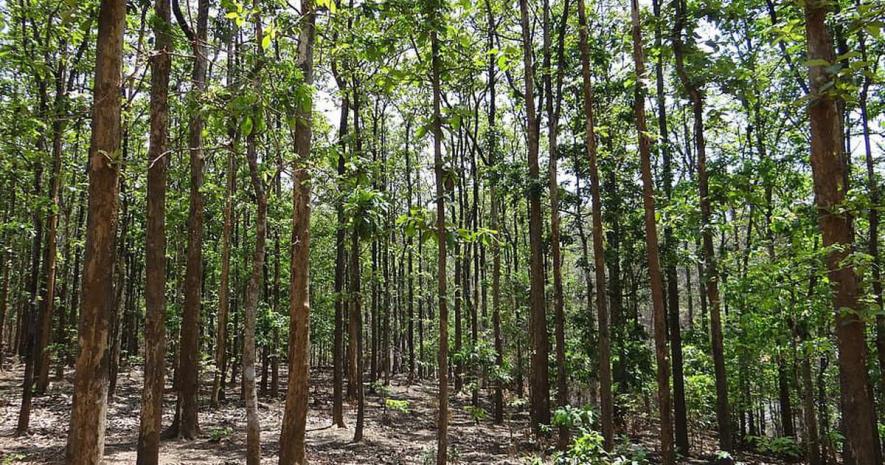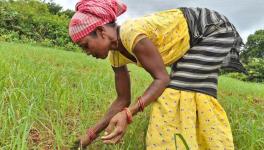Climate Mitigation: Research Shows Native Forests More Beneficial Than Monoculture Plantation

Representational Image. Image Courtesy: Wallpaper flare
Tree planting has become a popular way of mitigating the climate change crisis. The ability of trees to store carbon dioxide and prevent its release into the atmosphere has attracted large-scale plantations in many parts of the world. Although plantations are good from the perspective of climate mitigation, what types of trees are planted could be an important factor in getting the real benefit.
In a recent study published in the Science on March 17, the researchers showed that native forests comprising a diverse vegetation can result in more environmental benefits. The researchers argued that native forests are to be chosen over monoculture plantations in order to mitigate climate change. On one hand, diverse, indigenous plants can conserve soil and water and also provide other environmental benefits. On the other hand, the monoculture tree plantation, which has lots of trees of one or two kinds (lacking in variety), may have little benefits for climate. Rather, the monoculture plantations are beneficial to industries that deal with timbers. For example, planting of pines or eucalyptus in huge swathes of lands.
The study comprised researchers from seven countries that include China, UK and Brazil and assessed 25,950 records from 264 other studies conducted in 53 countries. The large data incorporated in the Science study found that restoration of native forest with varieties consistently outperformed over monoculture plantations. The former was found to be better in terms of carbon storage, soil erosion prevention, and water provisioning compared to the latter, the researchers inferred.
Hua Fangyuan, the lead author of the study and a researcher at Peking University, commented in a statement saying, “Policymakers have an implicit assumption that all forests provide the various ecosystem services... but this is not backed up by science.” Hua further commented on the study saying it found that “though tree plantations yielded more wood production, they provided fewer environmental benefits than restored native forests. Researchers identified soil erosion control as the ‘biggest loser’ among the core ecosystem services when planting trees with simple compositions — plantations consisting of just one or several varieties of trees — which otherwise could have been used to restore native forests,” the Sixth Tone reported.
The research also studied the massive afforestation initiatives undertaken by China in the recent times. Reportedly, China now has nearly 220 million hectares of forests with man-made forestation accounting for a total of 36%. However, many of these projects have chosen the fast-growing tree species. As an example, the Grain for Green programme of the country aimed to turn crop lands lying in slopped terrains into forests in order to prevent soil erosion. Hua’s team found that extensive monoculture plantation has occupied the main areas.
“This is actually a largely missed opportunity for conservation. Forest restoration is now in full swing, and the environmental and social benefits it can bring are huge. But an obvious issue here is that (monoculture plantations) not only brings just insufficient biodiversity, but too often, risk reducing it,” Hua commented.
Researchers argue that policymakers should focus on the choice between wood production and environmental benefits while taking up afforestation projects. They also posit that artificial forests can actually be an effective part of forest management of a country. This would not only bring environmental benefits but also means of livelihoods to native communities. In all, proper forestation projects can protect biodiversity of a region from being degraded.
Get the latest reports & analysis with people's perspective on Protests, movements & deep analytical videos, discussions of the current affairs in your Telegram app. Subscribe to NewsClick's Telegram channel & get Real-Time updates on stories, as they get published on our website.
























